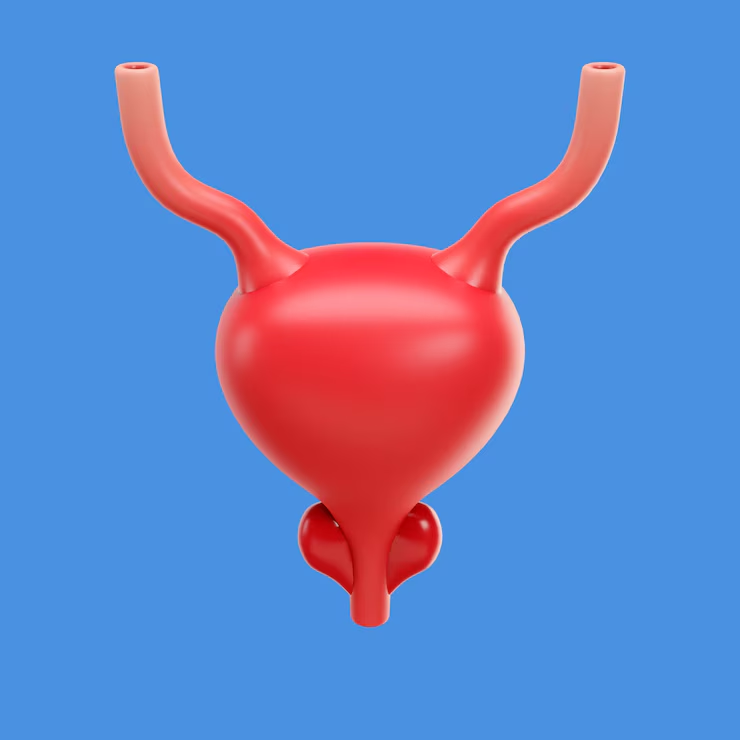Welcome to our online quiz about the bladder! The bladder is a vital organ in the human body that stores urine until you are ready to urinate. This quiz will assess your knowledge of the bladder and its functions within the body.
Do you know how many times a day the average person urinates? Or what can happen if your bladder is not functioning correctly? Take this quiz to find out and learn more interesting facts about the bladder!
Play Bladder Quiz
Instructions
- This quiz is multiple choice.
- Read each question carefully before selecting an answer.
- Choose the best answer for each question.
- You will see the missed questions with correct answers at the end of the quiz.
Quick Facts
- The bladder is a small, hollow organ located in the pelvis.
- It is part of the urinary system, and its primary function is to store urine until it is ready to be expelled from the body.
- The bladder can expand and contract to hold varying amounts of urine, depending on how full it is.
- When the bladder is full, it sends signals to the brain, alerting us to the need to use the bathroom.
- The average adult bladder can hold approximately 16 ounces of urine, but individual bladder capacities vary, allowing some people to hold more or less, depending on their unique capacity.
- Drinking plenty of water helps keep the bladder healthy and functioning properly.
- Conditions such as urinary tract infections or bladder stones can cause discomfort and impair the bladder’s ability to function correctly.
- Regularly emptying the bladder can help prevent urinary tract infections and other bladder-related issues.
- Strengthening the pelvic floor muscles through exercises like Kegels can help improve bladder control.
- If you experience frequent urination, pain while urinating, or other bladder-related symptoms, it’s essential to see a doctor for proper diagnosis and treatment.
Downloads
Study Tips
- Create a study schedule and stick to it.
- Find a quiet and comfortable study environment.
- Remove distractions such as phones and social media.
- Take breaks every 25-30 minutes to avoid burnout.
- Use active studying techniques like summarizing, highlighting, and teaching concepts to someone else.
- Practice retrieval by testing yourself with flashcards or practice quizzes.
- Stay organized with notes, study guides, and resources.
- Stay hydrated and eat brain-boosting foods like fruits, nuts, and whole grains.
- Get enough sleep to improve memory retention and cognitive function.
- Reward yourself for reaching study goals to stay motivated.
